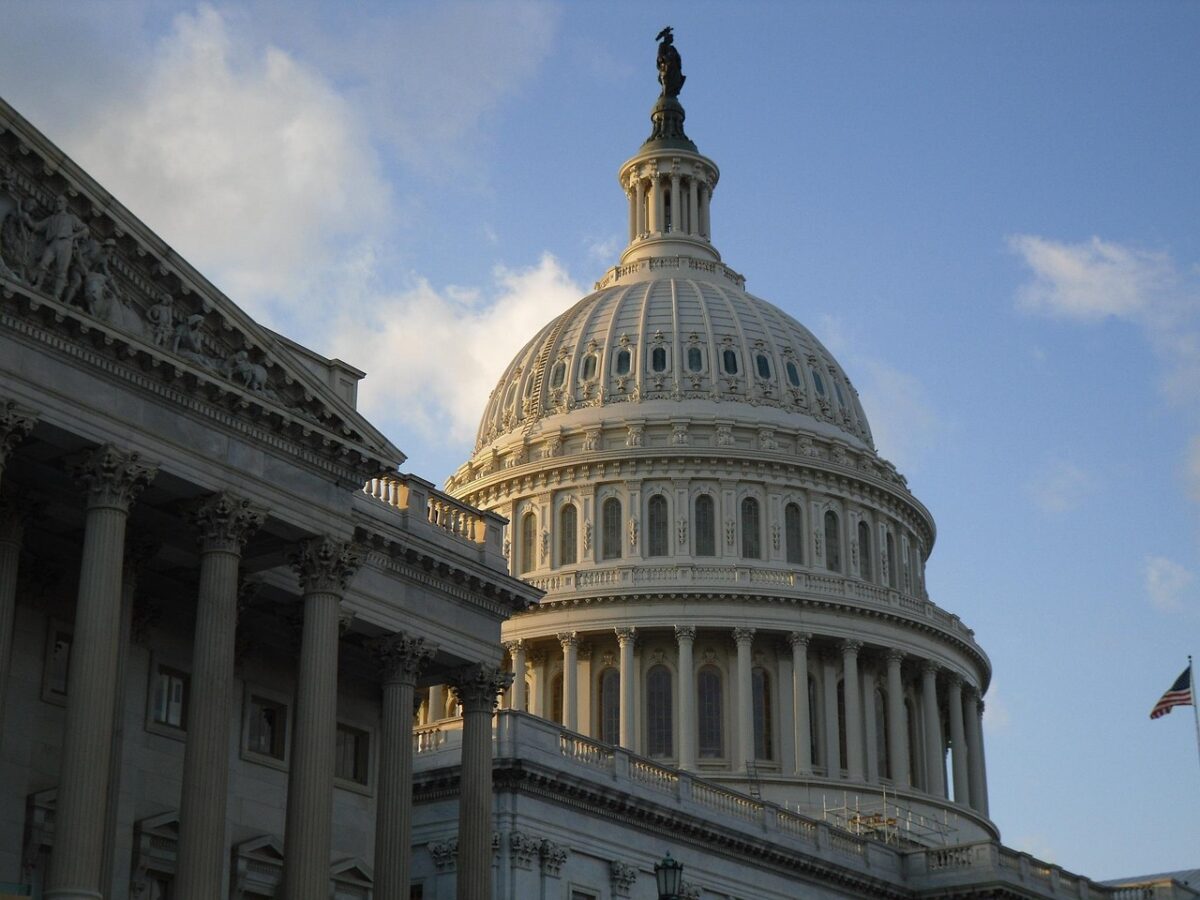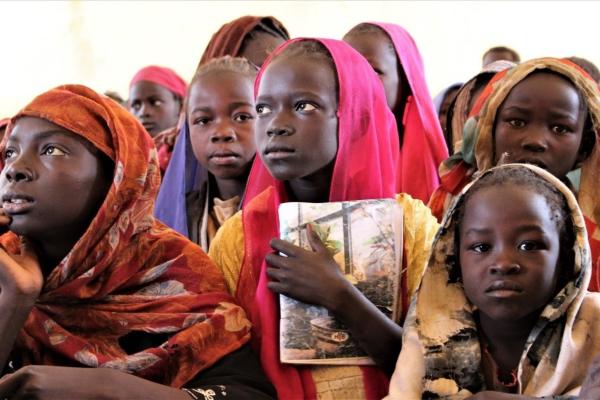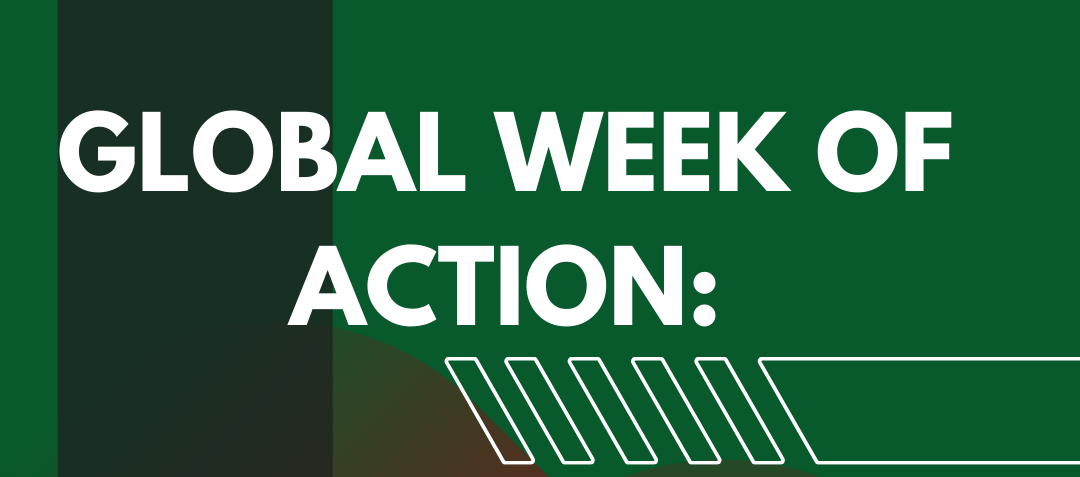For more up to date information, please contact: communication@darfurwomenaction.org.
Download the template here: Sudan Needs You Campaign Statement
Sudan Needs You!
Darfur Needs You Now More than Ever!
Speak up!
Darfur’s genocide has been ongoing for over 23 years – and the number of civilian casualties increases every day while the world remains SILENT!
Dear DWAG Supporters:
We are reaching out to you with an urgent appeal!
As of this week, with the exception of El-Fasher in North Darfur, which is also on the brink of collapse, Darfur has completely fallen under the Rapid Support Force’s (RSF) control. In recent weeks, mass killings have escalated to an alarming rate as the world remains silent. The inaction of the international community is indirectly legitimizing the slaughter and extermination of the indigenous African population in Sudan – and this is why we are appealing to you for help now.
As you know, since April 15th, 2023, Sudan has been engulfed in vicious violence when two generals started a devastating war in Sudan’s capital over a power struggle for control of the country. The war quickly spread across Sudan, throwing the entire country into a state of collapse, and creating unspeakable suffering for the Sudanese people. Death and destruction encapsulated Sudan, particularly in the capital Khartoum. While RSF occupied civilians’ homes, using rape and other sexual violence as a war tactic, the shelling, air bombardment and machine gun attacks from the government forces (SAF) targeted civilians’ homes, markets,
bridges, other basic services locations and evacuation routes. Rape, sexual, and gender-based violence have been confirmed to have been committed against women and girls, and also included abductions and sexual slavery during these attacks both in Khartoum and Darfur by RSF fighters. While the atrocities in Khartoum may constitute war crimes and crimes against
humanity, and, therefore, punishable under international law, in Darfur active genocide has been systematically carried out against indigenous Africans. The international community must take action to end it and to hold those responsible accountable.
Patterns of Ethnically Targeted Attacks and Extermination of Indigenous Africans in Darfur
The mass killing in the Darfur region has escalated to an alarming scale. The RSF’s attacks are systemic and precisely directed toward the indigenous African population. Ordinary civilians were mass slaughtered, deprived of access to food, water, and medical assistance. To make matters worse, a blockade of access to phone services, internet, electric and other services has been used as part of a calculated plan aimed at isolating civilians inside cities from the outside world by eliminating all means of survival and life saving aid. The RSF has also forced the remaining population into a massive exodus that they have been witnessing since June. These patterns of genocidal tactics have been deliberately used and seen in El Geneina, West Darfur in June and now are being repeated in Ardamta. Similar attacks in Kutum and Tawila in North Darfur, Mornay in West Darfur and Nyala in South Darfur have inflicted indescribable destruction which have killed an undocumented number of people and forced most of the residents to flee their homeland. They are now crowding in El Fasher as Internally Displaced Persons (IDPs) and facing imminent attacks once again. While the RSF forces are moving swiftly through the Darfur region, attacking and isolating many more cities, they are spreading video messages confirming their intention to destroy and kill more people, including those vulnerable
in refugee camps. They claimed that their ultimate goal is “liberating the land from Abeed “, an Arabic word for slaves.
Many of us in the Diaspora have been forced to watch our families and friends being killed as their bodies are dragged across the streets of Elgeniena and degraded with racial slurs and insults. Those who survived were constantly terrified and forced to flee the only place they have
ever known as home in an unprecedentedly humiliating and inhumane mass expulsion by their attackers. We had hoped to never live to see such atrocities committed while the entire world watches but does very little or nothing to stop them.
This week, we were deeply shocked and ultimately hurt to see masses of young people beaten to death and their bodies dragged out into the streets of Ardamata by Janjaweed. Also this week, a video of mass murder began to circulate online, with wounded people being buried alive while their relatives and members of their communities are forced to witness. News
confirmed that over 1,300 civilians have been slaughtered, among them over 80 were young men, most of whom between 15-30. At the same time, prominent leaders of Masalit and other indigenous Africans were selectively murdered along with their family members. Some families
have been completely wiped out, with no one left behind to tell their story.
While all of this horror took place and was well documented, powerful world leaders, including the US President Joe Biden remained silent. That is why we need you and your voice to call on them to demand that they must speak up and take action. Silence only aids the perpetrators!
The danger of Darfur being out of the realm of government and being fully controlled by the RSF.
Currently, more than 98% of the greater Darfur region is in complete chaotic anarchy or out of the realm of government, with lack of any control over its borders. Today, in a region the size of France, only two cities remain partially controlled by the Sudanese Armed Forces (SAF), while the RSF controls the rest of the entire area and intensifies its attacks and occupation of people’s homes and blockades civilians’ movement within and outside of the cities. If allowed to continue, it will be the final stage of extermination of the indigenous Darfur people, including those who survived in 2003.
What makes the situation in Darfur even more dire is that in mid-June, seven Sheikh or “leaders of civil administration” from seven Arab tribes publicly declared their full support of the RSF and urged youth and men of their tribes to mobilize in support of the RSF in its genocidal attacks
and control over Darfur and Sudan. So now our people are not only faced with attack by RSF forces, but also by a coalition of seven Arab tribes from Darfur and Kordofan.
The only city that has yet to be attacked in Darfur is El-Daein, the capital of East Darfur state, and stronghold of Rezaigat tribes. However, the military in El-Daein has declared its full support and affiliation to the RSF. Sadly, this means now the RSF has control over the five states of Darfur, with the exception of El-Fasher. Now with few obstacles facing it, the RSF can dedicate itself as one of the most institutionalized genocidal machines in human history against an indigenous African population. At the same time, world leaders are silently watching or limited to few words of condemnation.
We at DWAG Say NO to the silence against the ongoing and escalating genocide in Darfur!
And that is why we need you to add your voice to ours to compel world leaders to take concerted action to stop this genocide, save lives and hold criminals accountable.
But we can’t do this alone without your voice and your support!
As evident by the attacks in El Geneina, the RSF and Janjaweed are actively repeating the 2003 Darfur genocide. However, the current situation is worse than 2003 in its magnitude, scope and nature. Today, the Janjaweed, who used to attack on camel and horseback, has become nationally recognized as the RSF, with advanced weaponry, technology, military and financial
support from powerful regional and international enablers. While back in 2003, most of the attacks were perpetrated in villages where people would flee to the cities where refugee camps were established, now those cities and camps are the main target of genocidal attacks, having killed uncountable civilians, and forced millions to flee with nowhere to turn.
Today there are no international humanitarian agencies in Darfur, no journalists allowed to go in, and no international diplomats or UN agencies operating. Sadly, the genocide victims are left alone to fend for themselves. The situation today in Darfur is more dangerous than any one can imagine.
All the attacks started with the RSF looting food stores, including those of the World Food Program and other aid agencies and storage warehouses. Subsequently they also burned the markets, destroyed the hospitals and all clinics, looted and burned pharmacies, and poisoned most of the main water sources. As confirmed by sources on the ground, this was all done with the deliberate intent of eliminating all means of survival. Those crimes occurred while the SAF stayed in the army garrisons and left civilians to fend for themselves. A small number of Darfur armed opposition troops belonging to Juba peace signatories tried to intervene, but they were
under equipped and lacked adequate capacity to protect civilians. They were quickly overridden by the RAF’s advanced weapons during the fights in Elgeniena, Zalingie and Nyala
While desperately attempting to flee for their lives, many civilians have been forced back and some who ventured out were shot and killed instantly. In June and in the recent attacks, while still under attack, most remaining hostages in El Geneina were dependent on one water source
where people lined up for days to get a small amount for their families. Sources confirmed that children were given one cup of water in the morning and another in the evening, barely enough to survive during the course of the month of forced lockdown in El Geneina. This situation in El
Geneina is beyond dehumanization and has affected the entire population of the state of West Darfur.
The Presence of Multinational Troops in Darfur
Today the dangerous reality of Darfur is that the RSF has proven to be a multi-national militia. While the majority of its troops are from Sudan, many more are from west and central African countries, including Arab militias respectively from the Republic of Mali, Niger, Central African
Republic, Chad and Libya. The introduction of cross-border uncontrolled troops roaming across six nations alone proves to be the most dangerous trend. With the history of terrorist activities from Sudan to Mali in the region, if left unchecked, those temporary militia forces may evolve
into ISIS or al-Qaeda Army-like regional extremists forces, fueling crises that both international and regional actors will be forced to respond to – but it will be too late to contain them. So the international community must act before it’s too late! We urge you to speak up and demand an intervention that can stop the genocide in Darfur and prevent Sudan from disintegration.
The genocide victims who survived in 2003 were able to do so because of you, the American public and the international citizens, civil society and human rights groups who mobilized against genocide chose to speak up and demanded action!
The people of Darfur have suffered for over 20 plus years of genocidal attacks. Three million people, who have been displaced over the years, continue to be attacked and further displaced. They have yet to return because attackers have yet to be held accountable. They are again under unprecedented systemic attacks guided by deliberate extermination plans against the indigenous African population. The situation in Darfur today is worse than it was in 2003. The traditional methods used by Darfuris as a foundation of survival in the past have been completely removed. A regional supply of troops from various countries equally makes control or a solution at the national level impossible.
That is why we need you; Sudan needs you, but Darfur needs you more than ever! Please speak up loudly and demand protection of civilians in Darfur to be a top priority for the US Government and the United Nations Security Council (UNSC).
What you can do to help: Tell the US and the UNSC that Sudan needs an Atrocities Prevention Approach.
In the face of genocide and current unspeakable atrocities, solutions must take an atrocity prevention approach that starts with civilian protection and distribution of humanitarian aid. This should be followed by pursuing accountability for the most serious international crimes, which will then create an environment that enables peaceful transformation of Sudan.
Therefore, we need you to add your voices to ours to call on the US Government and the member states of the UNSC to take the following steps:
● Intervene robustly to protect civilians and to stop the genocide in Darfur.
● Open an unhindered humanitarian accessibility channel in Sudan and Darfur, in particular, to reach all those in need.
● Pursue accountability for those most responsible for past and current genocide behavior, war crimes and crimes against humanity committed in Darfur and across the Sudan.
● Impose targeted sanctions, such as freezing assets, imposing travel bans and sanctioning all businesses associated with the two warring generals in Sudan, and to cut the funding for weapons.
● Deploy immediate humanitarian intervention to all in need inside Sudan and in the neighboring countries with and without the permission of the government.
● Hold the regional enablers of the genocide in Darfur accountable, including regional and international actors supplying funds and weaponry to the RSF.
● Provide support of the CSOs and women from historically marginalized Sudanese to have capacity and voice at all levels of decision-making processes regarding solutions to the current crises.
Under international law when civilians are under attack, face mass killing and absent humanitarian assistance, the international community, including the US and UNSC, bears the responsibility to intervene to protect civilians and save lives.
In the face of devastating crises in Sudan and the rapidly escalating genocidal attacks in Darfur, we must not let our leaders look the other way.
Other ways to help:
● Send our “Letter To The Congress” that contains all of our demands and requests Congress Letter to your representatives and call their offices to ask that they be the voice for the people of Sudan and demand US leadership in ending genocide and holding perpetrators accountable.
● Donate to DWAG https://www.darfurwomenaction.org/donate/ or other organizations providing support to the local level emergency response initiatives in Sudan.
● Join and support our campaign Sudan Needs You! and share it via your social media platform with 100 people.
The crisis in Sudan and the catastrophe in Darfur are of global magnitude which requires global response but if we can speak in one voice and demand our government and the UN to work for an end, we can end this genocide and hold perpetrators accountable.
With our collective effort we can make a difference!








